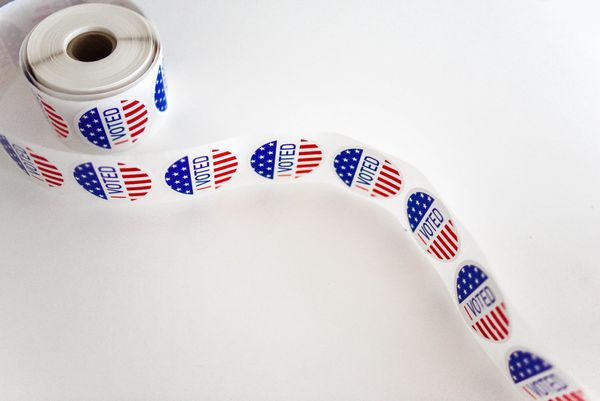I am a 22-year-old woman and I’m speaking out against street harassment.
As any women who lives in or frequents an urban area can tell you, street harassment is an extremely prevalent issue. Overall, street harassment is ignored, misunderstood, and trivialized- on both governmental and local levels. Most people have never even heard the term street harassment, probably because it isn’t a legally recognized term.
Typically, we only think of catcalling, which is something we see construction workers do in movies that never show the seriousness of the situation. Street harassment is much more than women being whistled at by construction workers, it is a sexually evaluative and offensive practice that women such as myself have to deal with on a regular basis.
One particular instance completely opened my eyes to the depth of this issue. I was walking alone in an affluent area of downtown Charleston when an elderly man invaded my personal space, and made comments directed at me that were so vulgar, degrading and appalling that I could no longer stay silent.
After the interaction was over, the elderly man continued slowly strolling down the street with his grocery bags. I figured that if I called the police, they would be able to reach me fast enough to confront the man, in the hopes that it would deter him from doing it again.
After I got a safe distance away and had called the police, I watched my harasser slowly walk down the street so that I would know where to tell the police to go. I felt empowered that I was doing something to prevent the situation from happening again.
Unfortunately, the feeling was fleeting, decreasing every minute that the police didn’t show up, every minute that the man got further out of view. This continued for 45 minutes until a police officer decided to show up. When he finally arrived, the officer informed me that he took a while to get there because he was busy with something else. As you can imagine, this explanation was anything but comforting.
The rest of the conversation involved comments like “you got catcalled, sorry” as well as similar trivializing comments that made me feel stupid for calling the police in the first place. As if the initial instance wasn’t bad enough, my interaction with the police made the situation ten times worse.
The man harassing me on the street made me feel that my safety, personal space and autonomy had been impeded on. This was an emotional and frightening experience, which was made much worse by a police officer who made it very clear that I had nowhere to turn in this type of situation.
After our conversation, I immediately walked to a store and bought myself pepper spray and a safety alarm, both of which I carry on a daily basis. If I can’t rely on my government to make street harassment illegal, and I can’t rely on my local police department to do anything to protect my safety, then I will take it into my own hands.
This experience certainly ruined my day, which fills me with anger because if anyone’s day should have been ruined, it should be my street harassers. But jokes on him, because he messed with the wrong girl. Since that day, I have become extremely passionate about ending street harassment and making people aware of how big of an impact it can have on the everyday lives of women.
Street harassment is dubbed “a women’s issue” and therefore ignored. We need to stop ignoring it, stop letting it happen and stop trivializing it. My hope is that more people can stand up for the women in our community and for ourselves, and let our street harassers know that it is not okay.



















